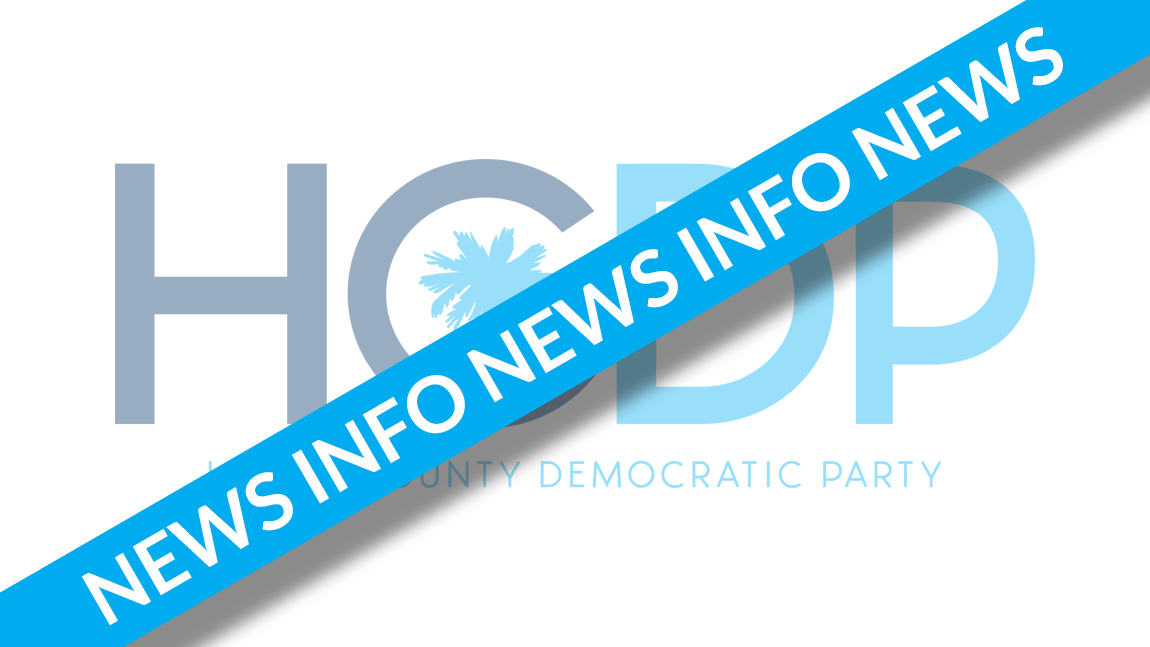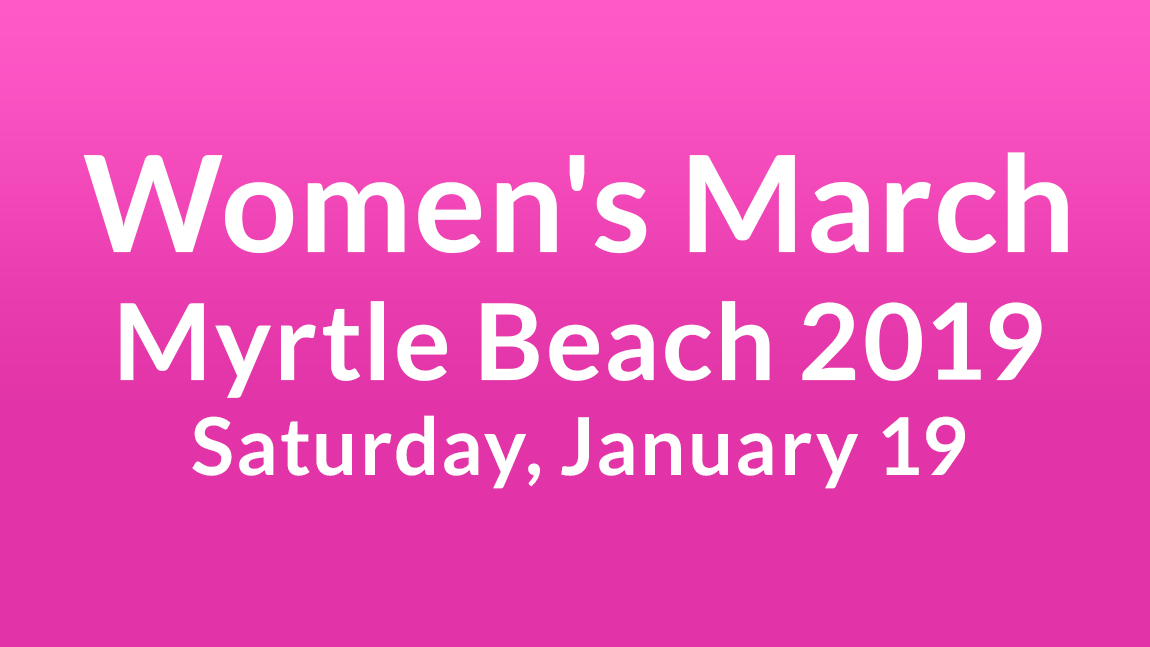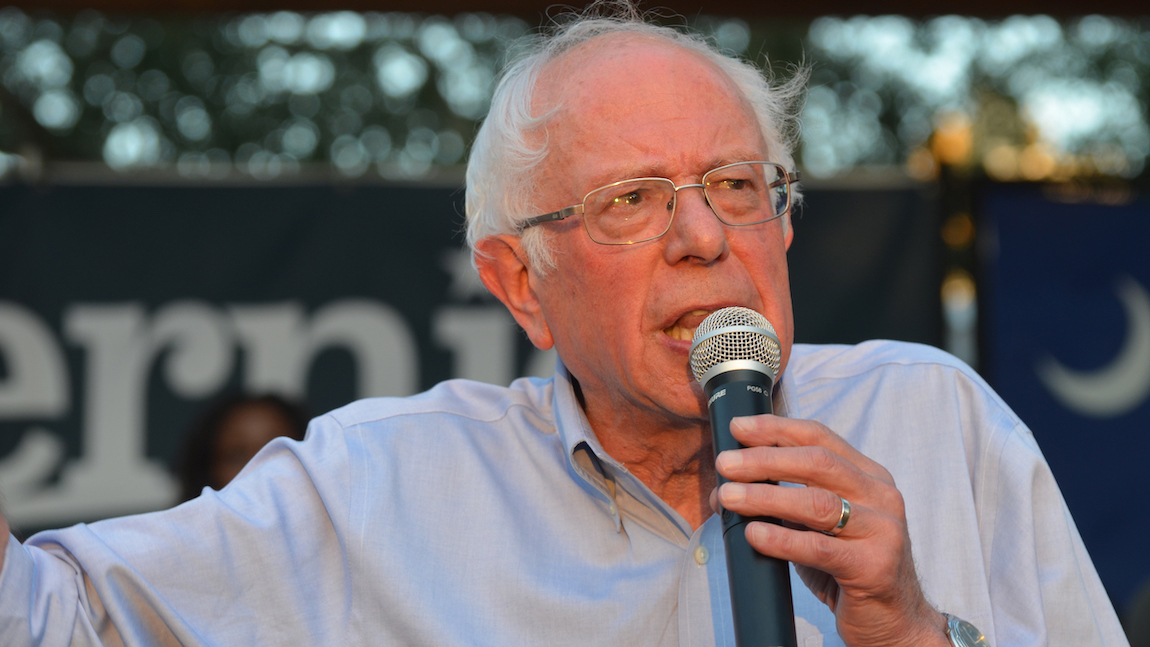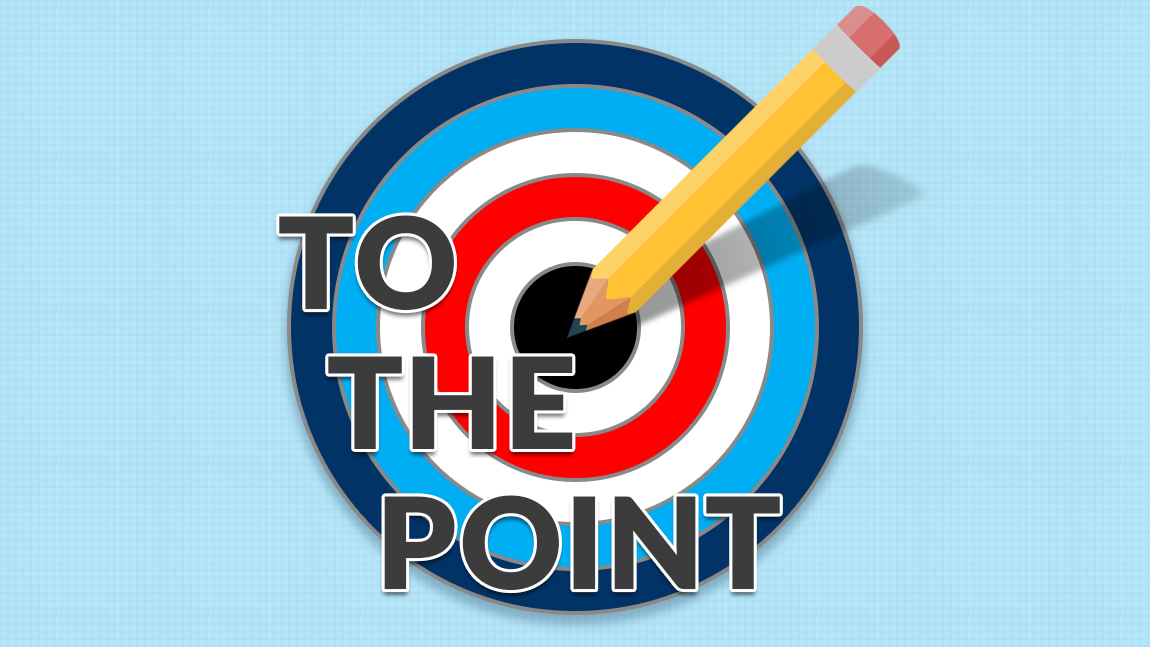by Bob Gatty.
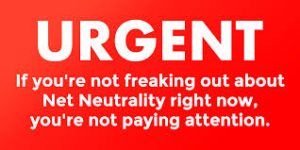 With the Federal Communications Commission’s vote Dec. 14 to kill net neutrality rules for the internet, the forces of greed once again have carried the day in Washington, DC.
With the Federal Communications Commission’s vote Dec. 14 to kill net neutrality rules for the internet, the forces of greed once again have carried the day in Washington, DC.
So, if you find yourself paying a premium for using Facebook and other social media sites, you can thank Donald Trump, because he’s the guy who chose Ajit Pai to head the FCC. And Pai had made no secret of his opposition to the net neutrality rule that was adopted two years ago during the Obama administration.
Net neutrality required internet service providers to offer equal access to all web content without charging consumers for higher-quality delivery or giving preferential treatment to certain websites. Under the system, broadband service was considered a utility, and the FCC was given broad power over internet providers.
Of course, the big internet service companies strongly supported elimination of those rules and Pai predicted the action would provide “the incentive” for them to provide more options to users of the internet, including businesses and consumers.
Where will those incentives come from? New fees and higher charges, that’s where. And guess who gets to pay them?
Here’s what The Wall Street Journal reported today after the vote:
“The dismantling of the Obama-era rules isn’t expected to change the delivery of web content to consumers overnight. But internet-service providers such as Comcast Corp. or Verizon Communications Inc. would be free to make all sorts of big changes, such as offering new packages with pricing schemes that deliver some kinds of content but not others. One type of service that could proliferate in the new regime is zero-rating deals, where specific websites or services are exempted from a mobile carrier’s data caps.”
Here’s an explanation from The New York Times as to the specific rules that were repealed:
BLOCKING Internet service providers could not discriminate against any lawful content by blocking websites or apps.
THROTTLING Service providers could not slow the transmission of data based on the nature of the content, as long as it is legal.
PAID PRIORITIZATION Service providers could not create an internet fast lane for companies and consumers who pay premiums, and a slow lane for those who don’t.
The vote was 3-2, with the Republican commissioners voting yes and the two Democrats on the commission voting no.
So, if you are a big business with deep pockets or a wealthy household, you’ll probably be able to pay for a fast lane on the internet, substantially higher speeds than the rest of us. That’ll be really cool for the corporations and the wealthy — just like the Republicans’ tax bill that saves them billions and tosses a few crumbs to everybody else.
Once again, greed wins in Washington. It’s time to resist.

